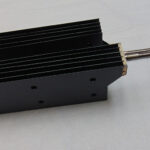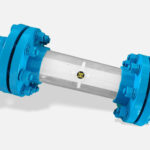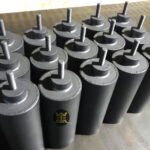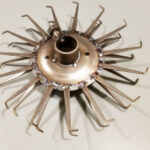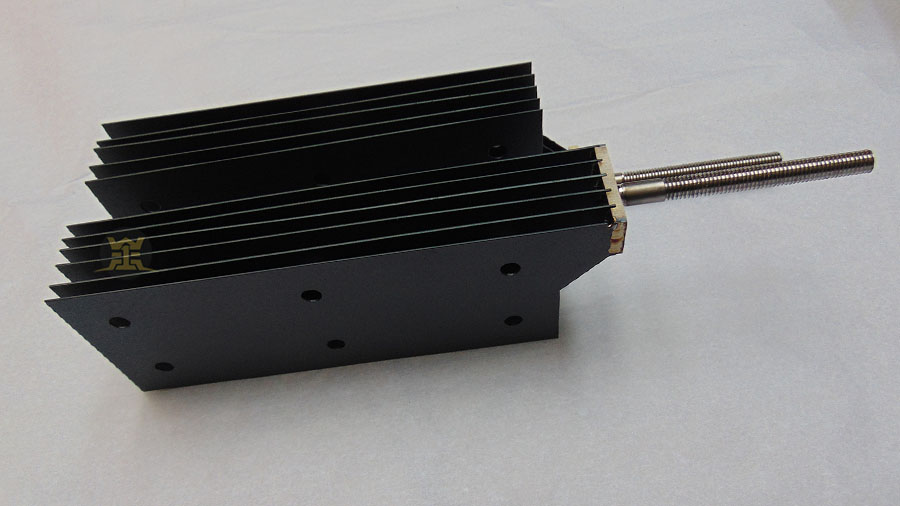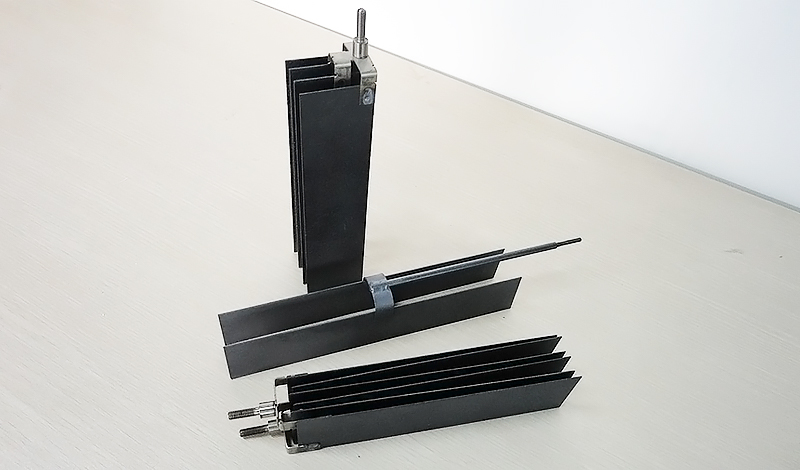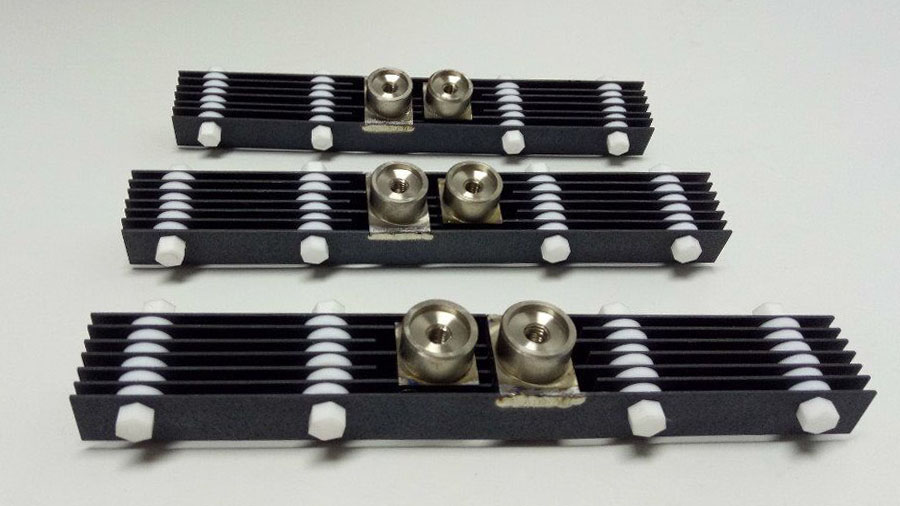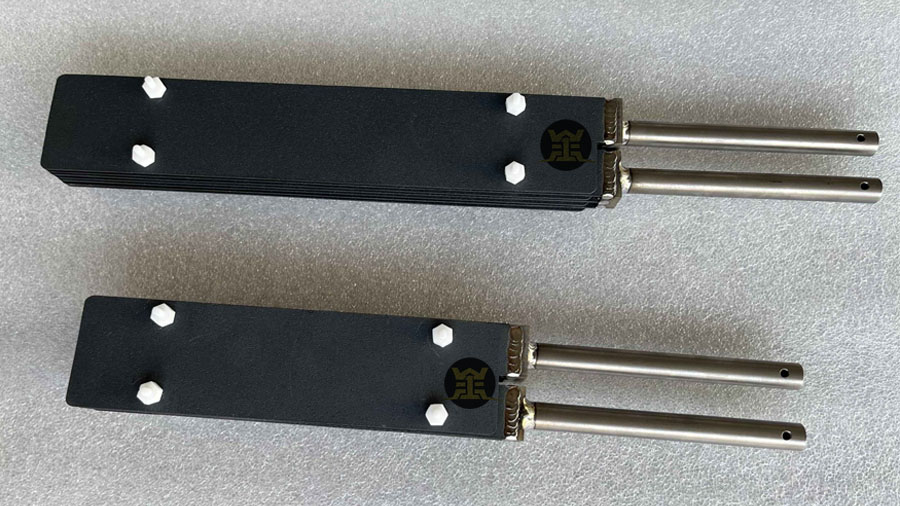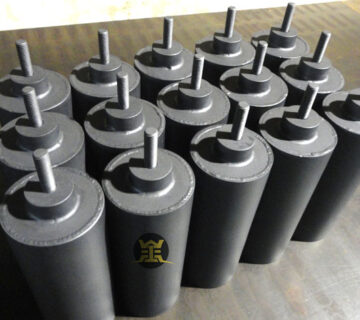Titanium anodes for salt chlorine generators
Titanium anodes for salt chloride generator are the main components of salt chlorine generators. driving the efficient and eco-friendly production of chlorine for pool sanitation. Their unique properties, including corrosion resistance, high efficiency, and compatibility with various catalytic coatings, make them the gold standard in the industry. With ongoing advancements in coating technology, smart monitoring systems, and energy efficiency improvements, titanium anodes are poised to play an even more critical role in shaping the future of sustainable pool maintenance. By understanding and maintaining these critical components, pool owners and operators can ensure optimal system performance, promoting safe, hygienic, and enjoyable aquatic environments for years to come.
Salt chlorine generators have revolutionized pool maintenance by providing an efficient, eco-friendly, and cost-effective alternative to traditional chlorine tablets or liquid chlorine. These generators convert salt dissolved in pool water into chlorine through a process called electrolysis, thereby creating a self-sustaining sanitizing system. At the heart of this process lies the titanium anode, a crucial component that not only catalyzes the electrochemical reaction but also withstands the harsh conditions of the electrolytic cell. This article delves into the intricacies of titanium anodes in salt chlorine generators, exploring their properties, benefits, applications, maintenance, and future prospects.
The electrolysis process of the salt chlorine generator
Electrolysis involves passing an electric current through an aqueous solution containing dissolved salt (usually sodium chloride, NaCl). The electrolytic cell comprises two electrodes: the anode (positive electrode) and the cathode (negative electrode). In a salt chlorine generator:
- Anode: Made of titanium coated with a mixed metal oxide (MMO) or platinum group metal (PGM) catalyst, the anode facilitates the oxidation reaction. Chloride ions (Cl⁻) migrate towards the anode, where they lose electrons and convert into chlorine gas (Cl₂).
- Cathode: Typically made of stainless steel or titanium, the cathode catalyzes the reduction reaction. Here, water molecules (H₂O) gain electrons and split into hydrogen ions (H⁺) and hydroxyl ions (OH⁻). The hydrogen ions combine with electrons to form hydrogen gas (H₂), while hydroxyl ions combine with sodium ions (Na⁺) from the salt solution to produce sodium hydroxide (NaOH), which helps maintain the pool water’s pH balance.
The advantages of salt chlorine generators
- Extended Lifespan: Titanium’s corrosion resistance ensures that the anode remains intact over extended periods, significantly reducing the need for frequent replacement. This contributes to lower maintenance costs and longer system lifespan.
- High Efficiency: The electrocatalytic coating on titanium anodes optimizes the electrochemical reaction, minimizing energy consumption and maximizing chlorine production efficiency.
- Dimensional Stability: Titanium’s high modulus of elasticity and low coefficient of thermal expansion prevent warping or deformation, ensuring consistent performance over time.
- Compatibility with Various Coatings: Titanium’s inertness allows for the application of various catalytic coatings, such as MMO and PGM, tailored to specific performance requirements and operational conditions.
- Environmental Friendliness: The use of titanium anodes supports sustainable pool maintenance practices by enabling on-site chlorine generation, reducing reliance on packaged chemicals, and minimizing environmental footprint.
Applications in Salt Chlorine Generators
Titanium anodes find widespread application across various types and sizes of salt chlorine generators, serving diverse pool maintenance needs:
Residential Pools
For homeowners seeking a low-maintenance, eco-friendly alternative to traditional chlorine sanitation, residential salt chlorine generators equipped with titanium anodes offer an ideal solution. These compact units fit seamlessly into pool pump systems, providing consistent chlorine levels and water quality throughout the swimming season.
Commercial Pools
Commercial pools, including hotels, water parks, and fitness centers, require robust, high-capacity salt chlorine generators to maintain large volumes of water. Titanium anodes in these systems ensure reliable operation, even under heavy use and varying water conditions, promoting a safe and hygienic swimming environment.
Municipal and Public Facilities
Municipal pools, splash pads, and other public aquatic facilities benefit from the durability and efficiency of titanium anode-equipped salt chlorine generators. These systems help manage water quality across extensive areas, supporting public health and recreational enjoyment.





